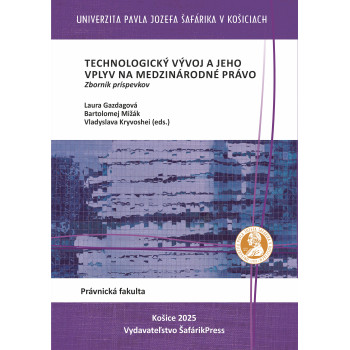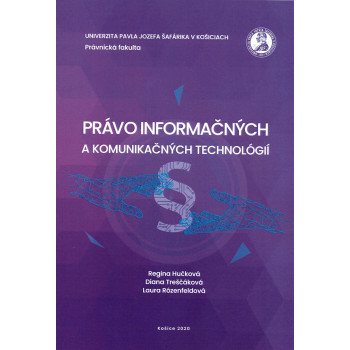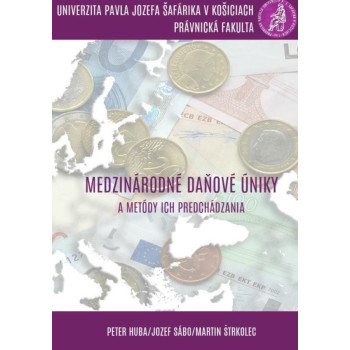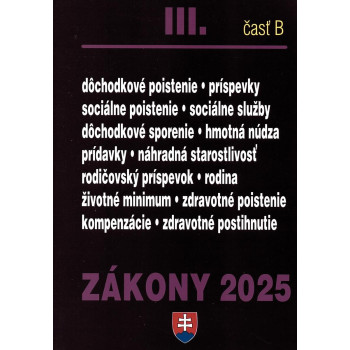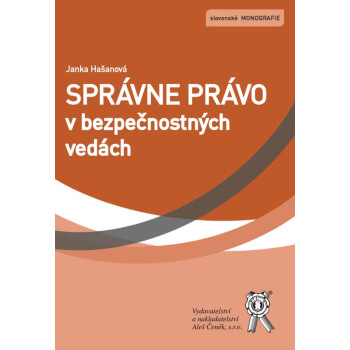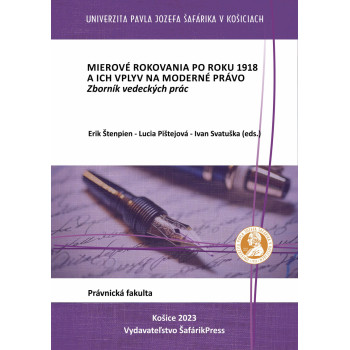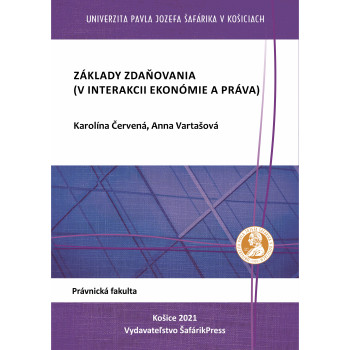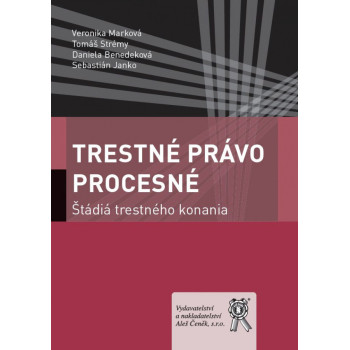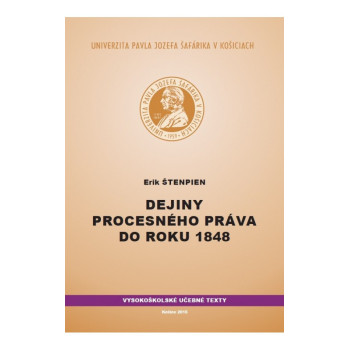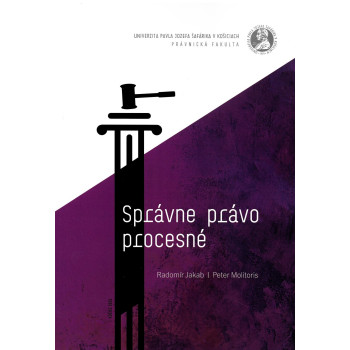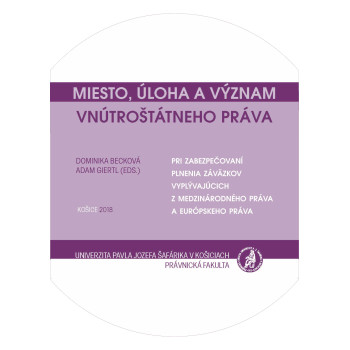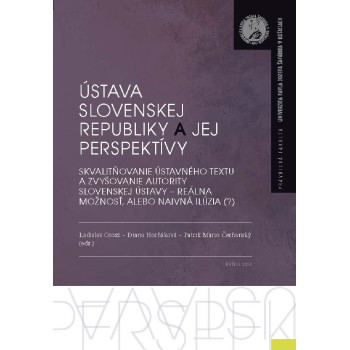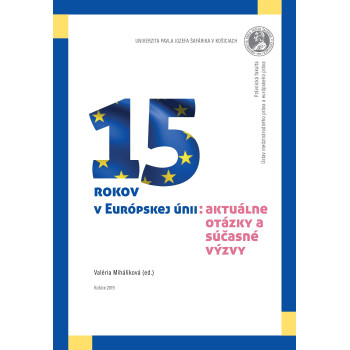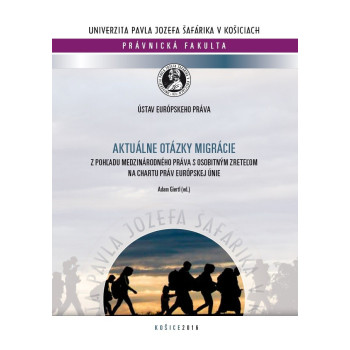Sociálne poistenie, Starobné a doplnkové dôchodkové sporenie, Zdravotné poistenie, Sociálne služby
- Sociálne, dôchodkové, zdravotné a nemocenské poistenie
- Zdravotné poistenie
- Sociálne zákony
- Sociálne služby
Publikácia obsahujúca právne predpisy týkajúce sa sociálneho poistenia, zdravotného poistenia, starobného dôchodkového sporenia, doplnkového dôchodkového sporenia, príspevkov a sociálnych služieb je určená zamestnávateľom, zamestnancom, mzdárom, personalistom a mzdových účtovníkom, podnikateľom, študentom a všetkým, ktorých sa týkajú odvody do zdravotnej a sociálnej poisťovne. Zmeny v právnych predpisoch obsahujú zmeny k 1. 1. 2025.
Titul obsahuje úplné znenie zákonov a súvisiacich predpisov:
Sociálne, dôchodkové, zdravotné a nemocenské poistenie (1. kapitola)
Zákon č. 461/2003 Z. z. o sociálnom poistení
Zákon č. 43/2004 Z. z. o starobnom dôchodkovom sporení
Zákon č. 650/2004 Z. z. o doplnkovom dôchodkovom sporení
Zdravotné poistenie (2. kapitola)
Zákon č. 580/2004 Z. z. o zdravotnom poistení
Sociálne zákony (2. kapitola)
Zákon č. 417/2013 Z. z. o pomoci v hmotnej núdzi
Opatrenie MPSVaR SR č. 257/2024 Z. z. o úprave súm pomoci v hmotnej núdzi
Zákon č. 601/2003 Z. z. o životnom minime s prehľadom opatrení MPSVaR SR
Opatrenie MPSVaR SR č. 149/2024 Z. z. o úprave súm životného minima
Zákon č. 453/2003 Z. z. o orgánoch štátnej správy v oblasti sociálnych vecí, rodiny a služieb zamestnanosti
Zákon č. 600/2003 Z. z. o prídavku na dieťa
Opatrenie MPSVaR SR č. 497/2021 Z. z. o úprave súm prídavku na dieťa a príplatku k prídavku na dieťa
Zákon č. 571/2009 Z. z. o rodičovskom príspevku
Opatrenie MPSVaR SR č. 245/2024 Z. z. o ustanovení sumy rodičovského príspevku
Zákon č. 561/2008 Z. z. o príspevku na starostlivosť o dieťa
Zákon č. 383/2013 Z. z. o príspevku pri narodení dieťaťa a príspevku na viac súčasne narodených detí
Zákon č. 201/2008 Z. z. o náhradnom výživnom
Zákon č. 627/2005 Z. z. o príspevkoch na podporu náhradnej starostlivosti o dieťa
Zákon č. 238/1998 Z. z. o príspevku na pohreb
Sociálne služby (2. kapitola)
Zákon č. 448/2008 Z. z. o sociálnych službách
Zákon č. 447/2008 Z. z. o peňažných príspevkoch na kompenzáciu ťažkého zdravotného postihnutia
Zákon o sociálnom poistení vymedzuje sociálne poistenie, upravuje rozsah sociálneho poistenia, právne vzťahy pri vykonávaní sociálneho poistenia, organizáciu sociálneho poistenia, financovanie sociálneho poistenia, dozor štátu nad vykonávaním sociálneho poistenia, konanie vo veciach sociálneho poistenia a konanie vo veciach vymáhania pohľadávok. na základe sociálneho poistenia odvádza podnikateľ či zamestnávateľ odvody do Sociálnej poisťovne na účely dôchodku, PN, alebo invalidného dôchodku. Okrem zákona o sociálnom poistení sú dôležitými právnymi predpismi zákon o starobnom dôchodkovom sporení, zákon o doplnkovom dôchodkovom sporení a zákon o 13. dôchodku.
Zdravotným poistením je povinné verejné zdravotné poistenie, na základe ktorého sa poskytuje poistencom verejného zdravotného poistenia za podmienok ustanovených týmto zákonom zdravotná starostlivosť a služby súvisiace s poskytovaním zdravotnej starostlivosti alebo individuálne zdravotné poistenie, na základe ktorého sa poskytuje poistencom individuálneho zdravotného poistenia zdravotná starostlivosť v rozsahu určenom v zmluve podľa osobitného predpisu.




